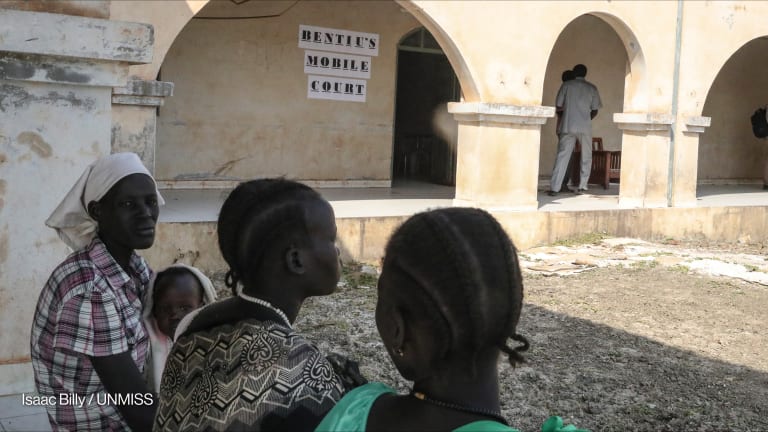The ecosystem supporting human rights, democracy, and prosperity for billions of people may be more fragile than we thought. The phenomenal global rise of democratic orders and reduction of extreme poverty and violence from the 1950s to the turn of the millennium led to vast improvements in human freedom, dignity, and well-being.
Yet 15 years of democratic decline and increasingly aggressive efforts by authoritarians to spread their influence are reversing democratic transitions and weakening the pillars of even the world’s most mature democracies. As we reached the end of history, it seems like someone started the film over again.
The risks to people around the world are profound. There is significant evidence that, in the long run, inclusive, accountable, open, democratic societies are better for most everything we care about — food security, life expectancy, income, basic rights. Yet too much development investment seems agnostic about democracy, instead focusing on “effectiveness” and “delivery,” while often ignoring politics and civil rights.








